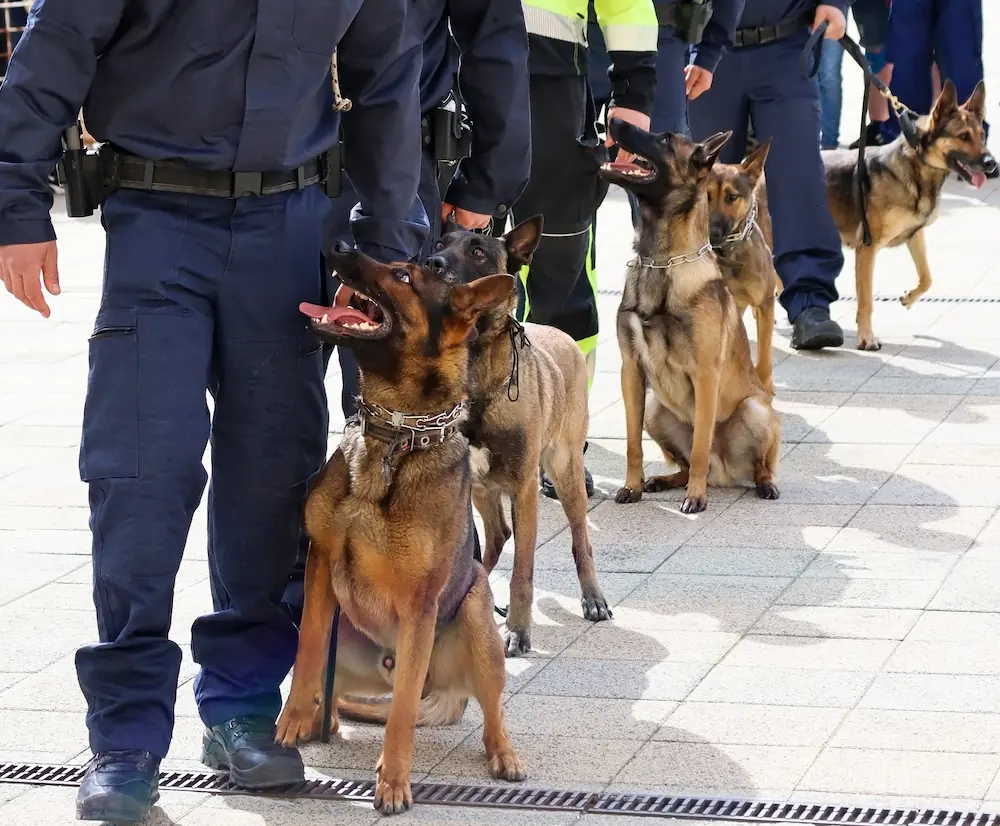Ask anyone in Houston if law enforcement needs to first have a warrant in order to use dogs to try and detect the presence of drugs in a home, and he or she would likely answer yes. He or she would be right, too. The United States Supreme Court has ruled that any investigation of a home and its surroundings meets the definition of a search, and therefore requires a warrant. Yet what if an officer wants to use a dog to search a car for drugs?
The Supreme Court has determined that drivers do not have the expectation of privacy in issues regarding the smelling of their cars. Thus, an officer searching through a car with a drug-sniffing dog does not legally constitute a search, so no warrant is needed.
However, a recent decision by the Supreme Court determined that without probable cause, law enforcement officials cannot prolong a traffic stop in order to conduct a dog sniff search. Even if officers believe they have probable cause due to the reaction of the dog prior to the search, the validity of such a claim can still come into question. In a U.S. Circuit Court ruling, whose results were shared by the American Society of Canine Trainers, it was established that a drug sniffing dog must officially alert to the potential presence of drugs in order to establish probable cause. Simply showing interest in or casting towards a vehicle is not enough.
Even in situations where the dog does alert, one may still be able to call into question the reliability of such a response as evidence. Further information shared by the ASCT shows that courts have recognized the accuracy of drug dog alerts to be as low as 62 percent.
Criminal defense lawyer E.R. "Ned" Turnbull understands the complexities of search laws. If you have been charged with a crime, you can contact Turnbull Legal Group and we’ll begin a thorough investigation of the evidence and available witnesses.
Facing a Legal Challenge? We've Got You Covered
From criminal defense to personal injury, we're here to fight for your rights and secure the best possible outcome.




.webp)

